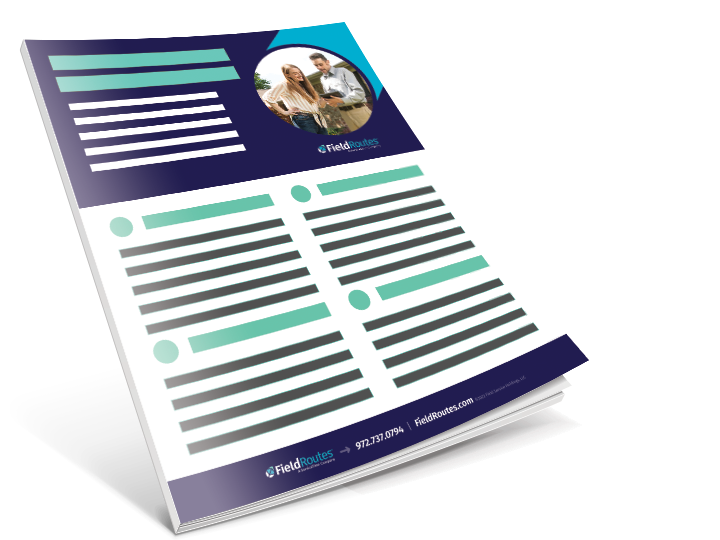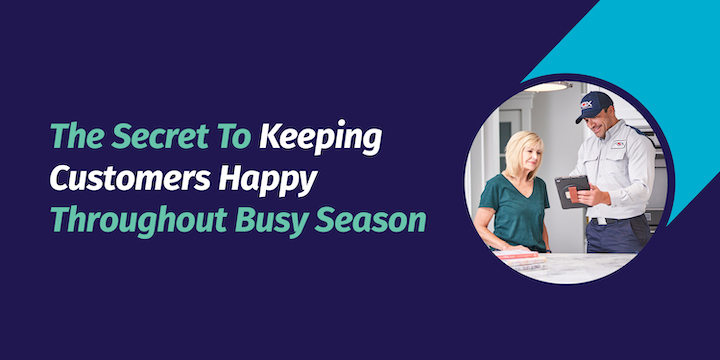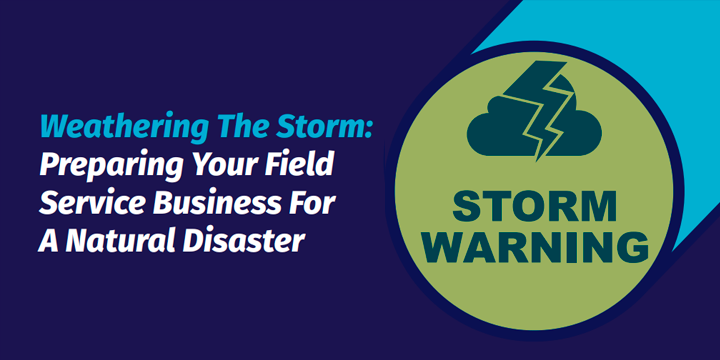Choosing Wisely: How to Select the Right Software for Your Business

All software systems are not created equally. Sure, many of them check the same boxes and have the same basic functionality, but that doesn’t mean that one is just as good as another. Some are easier to use than others, some are easier on the eyes, and some offer a ton of robust, deep features. Then there are those that have it all.
Here are some tips to help you when comparing systems:
1. Make a List and Check It Twice
How can you expect to get what you want if you don’t even know what you want? Before you start shopping around for new technology, it’s a good idea to put together a wish list of all the features you’d like to see. A good starting point is to focus on your pain points and build around them. Then prioritize your list into “must-haves” and “like to haves.” This will help you see past the dog and pony show some software providers will try to distract you with and can keep you focused on what matters most.
2.Price vs. Value
Most savvy shoppers know that you get what you pay for, and the cheapest option isn’t always the best way to go. By the same token, more expensive doesn’t always mean better either. Before making a call, it’s important to take note of each system’s core features and any potential operational efficiencies that may impact your business. If a system results in significant time or money savings, that could certainly tilt the scales a bit and make your investment worth your while.
3.Scalability and Growth
More customers can mean more fuel costs, additional technicians, new routes, and so on. A system that works well today may not be all that efficient as you grow. That’s why it’s important to find a system that will evolve with you instead of only focusing on your current needs. Besides, what good does it do to go through the entire process of updating your technology today just to have to go through the whole song and dance again a few years from now?
4.Beware the Fine Print
Before signing the contract, be sure to take some time to thoroughly review the contents. Pay particular attention to their cancelation policy and see what kind of fees—like data conversion costs—may be hiding there. If you don’t understand something, there’s nothing wrong with asking for clarification—or better yet, having a lawyer review it. Even if you’re not lawyered up, it can’t hurt to get a second opinion and have someone you trust take a gander.
5.Don’t Overlook Implementation
Most software companies go to great lengths to hype up how quick and easy their implementation process is. But anyone who’s been through it before knows that incorporating new software is never easy. While we all wish the process were as simple as flipping a switch, the truth is that it can take several months to get up and going, depending on the complexity. A truly excellent implementation process should deliver everything—data conversion, training, etc.,—without any kind of downtime to your operations.
Above all else, it’s essential to find a software provider whose ideals and priorities align with yours. It may seem like a lot to keep in mind, but in the end, your decision will impact your business for years to come. Just be sure to take your time and do your homework, and you’ll be on your way to greener pastures.





